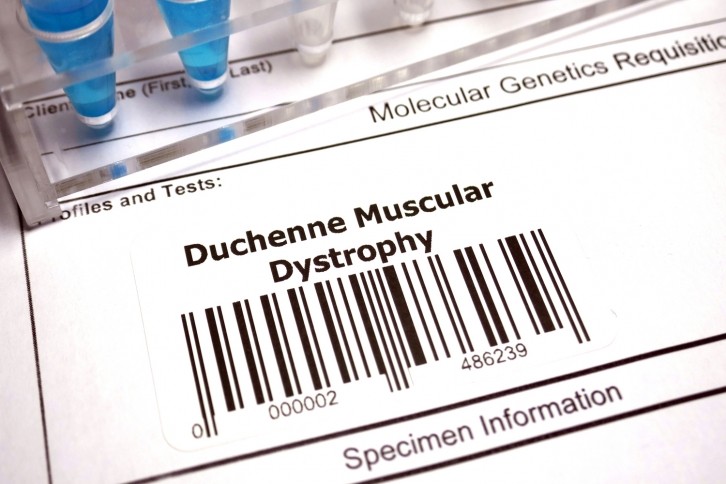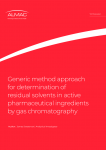PTC Therapeutics’ Translarna misses European regulatory hurdle again

The EU first gave Translarna a conditional marketing authorization in 2014 for the treatment of DMD, a progressive condition that causes the muscles to weaken, eventually becoming life-threatening. Eligible patients for the treatment are at least 2 years old, are able to walk, and their disease is caused by a so-called nonsense mutation in the protein dystrophin, which strengthens and protects muscle fibers
The initial approval decision was weighted by a lack of treatments for DMD and was contingent on further trials to confirm its benefits. However, two studies of Translarna after the authorization called 020 and 041 missed their efficacy goals. While a specific subgroup of patients in study 020 did show evidence of responding to the drug, patients in 041 saw no significant differences in the deterioration of their walking ability relative to those in the placebo group.
The CHMP produced a negative opinion for Translarna in September 2023, which it confirmed in January 2024. The CHMP then went back into discussion in May this year when the European Commission requested that the committee consider the evidence in addition to more real-world data, but upheld the rejection.
In July this year, PTC Therapeutics requested a re-evaluation of the treatment from the studies in addition to data from a different study comparing patients from different registries, which appeared to show a delay in disability in some treated patients. However, the CHMP once again declined, citing differences between the registries and biases. It also took into account third-party perspectives from patients and healthcare professionals.
In a public statement, Matthew Klein, CEO of PTC Therapeutics, said the "CHMP again based its decision on the results of the primary analysis subpopulation of Study 041 instead of the totality of evidence for Translarna.” He later said that the decision “is clearly against the expressed wishes of physicians, patients and families throughout Europe.”
The opinion will now be reviewed by the European Commission, which will make a legally binding decision within around two months. For now, Translarna is still commercially available and PTC is working to make sure the EC has the evidence it needs.
Klein told Outsourcing Pharma that in discussions with FDA, the US regulator has been open to considering review of an NDA based on the totality of evidence, unlike the EMA’s CHMP.
The DMD landscape
There is no cure for DMD, with current treatments including surgery to correct postural deformities and steroids to improve muscle strength. Translarna is designed to restore the production of dystrophin in muscles by making cells bypass the nonsense mutation when making the protein.
The market for DMD treatments was projected to grow from $3.42 billion in 2024 to $8.19 billion by 2029, with a growth of 19.13% per year. The growth is driven by the increasing DMD burden and rising investments in the space. Translarna itself bagged $355.8 million in net revenues in 2023 compared to $288.6 million in 2022.
Other treatments on the market for various types of DMD include Sarepta’s AMONDYS 45™ (casimersen) and gene therapy Elevidys. Meanwhile, Pfizer’s gene therapy fordadistrogene movaparvovec hit a setback in a phase 3 trial when it failed to meet its primary efficacy endpoint.
“DMD is a highly morbid, complex and rare disorder that will continue to be treated with a combination of therapies, including those that target inflammation (such as deflazacort or other corticosteroids) and genetic targeted therapies, such as Translarna in the case of DMD secondary to nonsense mutations,” Klein said. “Given disease heterogeneity it will be important for there to be multiple therapeutic options.”


















